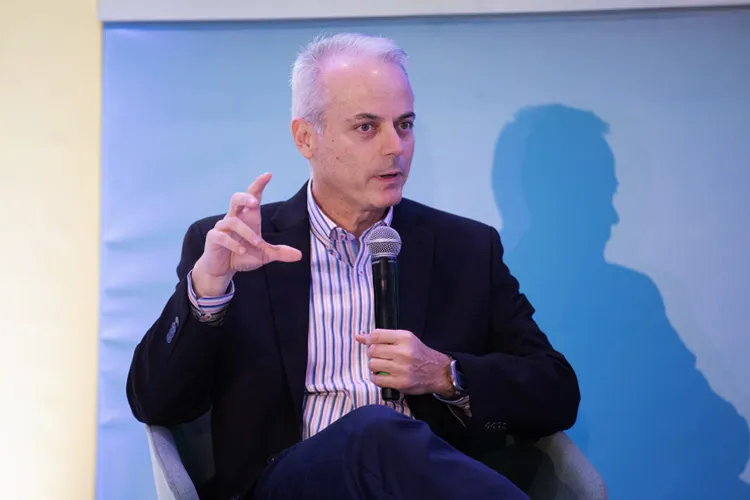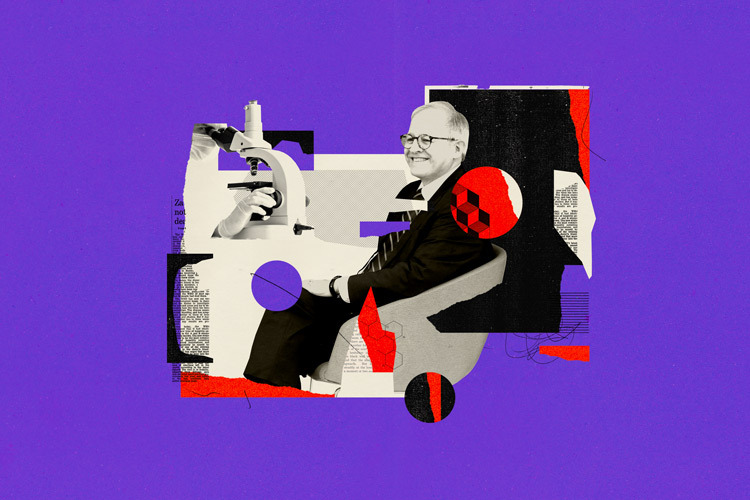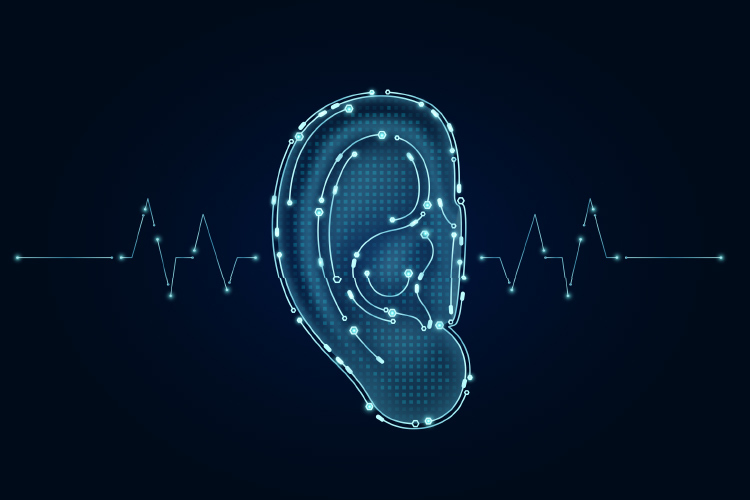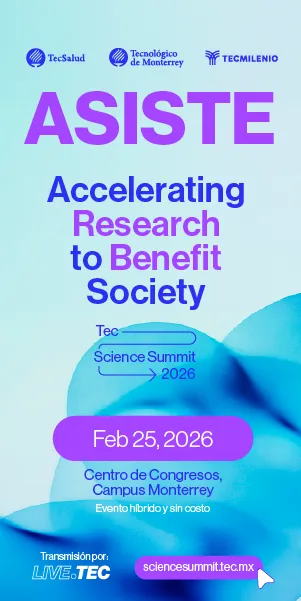According to the Pan American Health Organization (PAHO) of the World Health Organization (WHO), a growing number of people in places such as Latin America are turning to self-medication, which is often aided by non-medical acquaintances’ remarks or unconfirmed material from media or social networks.
Giordano Pérez, Director of the Cochrane Affiliated Center at the Pediatric Hospital of Sinaloa and Director of the Cochrane Ibero-American Network, as well as the leader of the Cochrane Collaboration in Mexico. He believes that scientific knowledge is becoming increasingly important for making accurate healthcare decisions.
This is the purpose of the Cochrane Collaboration, created in 1993 in Oxford, England, by a small group of academics who have since collected and presented accurate and trustworthy information in the form of easily available summaries for everyone.
Updated Information for Informed Decision-Making
Pérez recognizes that the foundation of this partnership is the inclusion of volunteer research teams not paid by the business to ensure the quality and neutrality of the information.
This is done to make the most recent records and research available so that governments, organizations, and even people visiting their doctors may get the most up-to-date and validated data.
“People who work in science understand how important decision-making based on research is, not based on someone’s personal experience claiming a treatment worked,” he said.
Pérez claims that individuals might sometimes improve without medication, owing to their biology. As a result, taking a prescription advised by someone may not significantly influence the patient’s improvement, even if it appears to be the cause of their success, leading to misinformation later on.
Even the mind may persuade individuals that they feel better following treatment, remedy, or activity; however, this is known as the placebo effect, making it difficult to assess the efficacy of these events.
The Need to Focus Efforts on Specific Regions and Populations
The researcher emphasizes the need to adapt scientific data to the possibilities of each place, where there may or may not be different therapies and drugs, as well as the population’s propensity to diseases or disorders.
Pérez, a Tecnológico de Monterrey graduate, emphasizes the importance of specialized centers like the recently opened Early Childhood Center in collaboration with the FEMSA Foundation and La Triada, which includes Tec de Monterrey, the University of the Andes in Colombia, and the Pontifical Catholic University of Chile.
“It’s our first interaction as Cochrane in Mexico with the center, with the idea being that this space, generating research in the area, can benefit from collaborations like this,” he said.
This center seeks to provide information that will influence public policies and activities that improve the way early childhood is experienced in the Latin American area, defined as the time of a child’s brain development from birth to five years of age.
















